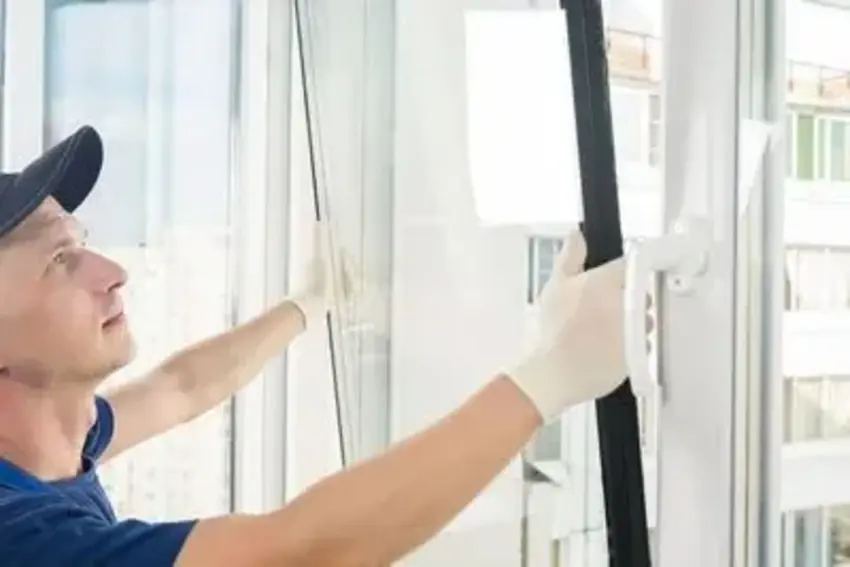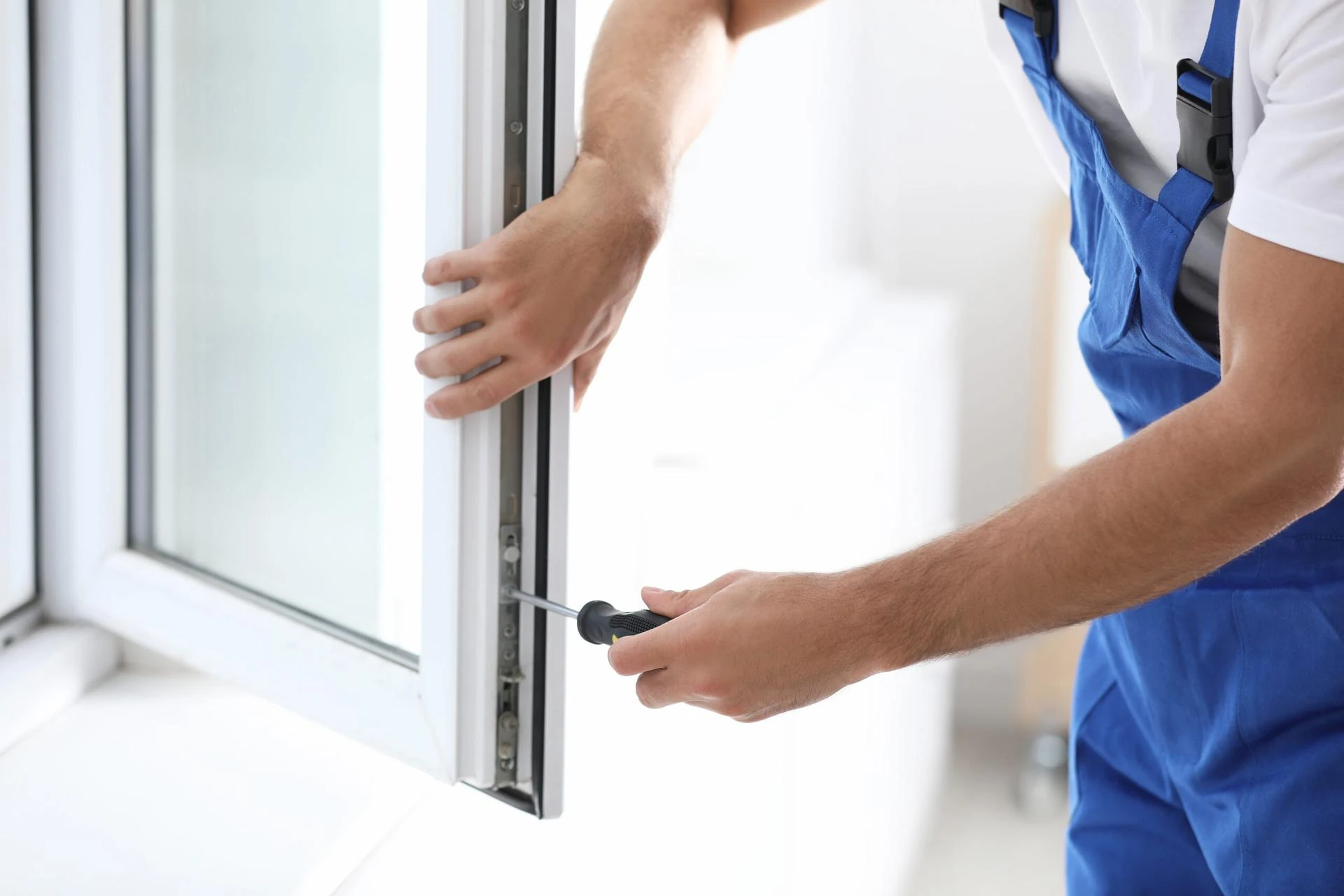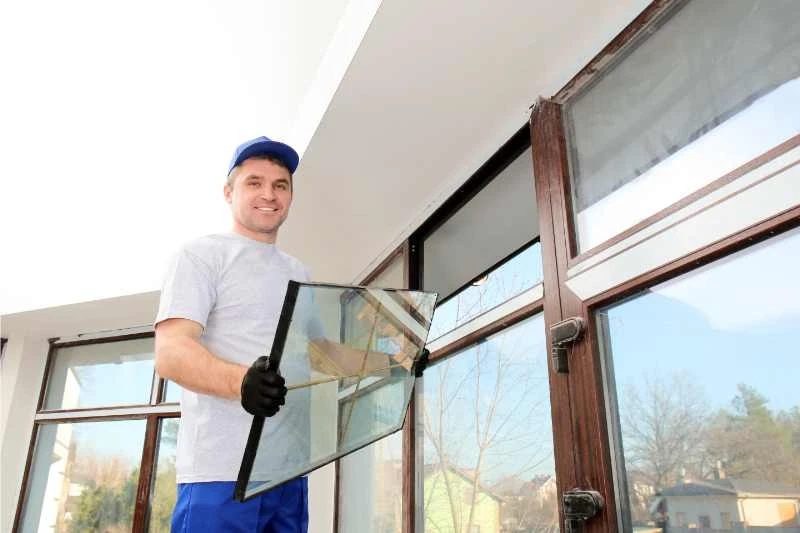When faced with the dilemma of replacing a window or just the glass, it is important to weigh all your options. The decision relies on various factors, including cost, damage extent, and energy efficiency needs.
Although replacing an entire window may be more expensive upfront, it can offer benefits like improved insulation and aesthetics. Replacing the glass could save you money if that’s all needed. Each choice has its pros and cons, depending on individual circumstances.
Understanding when each option is appropriate can guide you toward a smart investment in your home. Take time to assess your specific situation before making a final decision. This will help manage costs and ensure optimal results for your living space.
Factors to consider when deciding between replacing a window or just the glass

Several factors come into play when deciding between replacing a window or just the glass.
First, assess the damage. If it’s confined to the glass, you might only need to replace that part, like cracks or chips. A complete window replacement may be necessary for severe frame deterioration or structural issues.
Next is energy efficiency. Higher utility bills are often associated with old windows that lack proper insulation. Replacing the entire unit might save longer-term energy than swapping out the glass.
Glass replacement generally costs less upfront than full window installation, but if other components fail, it could mean more frequent repairs.
Cost comparison between window replacement and glass replacement
Replacing just the glass typically ranges from $100 to $400 per pane, depending on size and type. This option is often more budget-friendly for minor issues like cracks or chips.
Full window replacement costs from $300 to over $1,000 per unit, and the price varies significantly based on materials and energy efficiency ratings.
Labor costs add another layer of complexity. Glass replacements usually incur lower labor fees since they are less time-consuming than installing an entirely new window frame.
Pros and cons of each option

Replacing a window often comes with several advantages. New windows can enhance energy efficiency and boost curb appeal. They also provide an opportunity to upgrade features, like improved insulation or modern aesthetics.
The costs can be significant. Installation takes time and may require additional work around your home’s home. Home’s If underlying issues need addressing, this process could lead to further expenses.
Opting for glass replacement is generally more budget-friendly. It’s it’s less invasive than a full window swap, allowing you to maintain your existing frames while restoring clarity.
Yet, this choice isn’t isn’t foolproof. Replacing just the glass is a temporary fix if the window frame has damage or wear-and-tear issues. Sometimes, investing in a complete replacement makes sense rather than risk future problems.
Situations where window replacement is necessary
Certain conditions make window replacement the best option. If the frame is rotting or severely damaged, repairs might not suffice. A compromised frame can lead to energy loss and higher utility bills.
Another situation arises when windows are fogged between panes. This typically indicates seal failure, impairing insulation properties. In such cases, investing in new windows brings lasting benefits.
Older windows may need more modern energy-efficient features. Upgrading them can enhance comfort and significantly reduce heating or cooling costs.
Windows that no longer open properly present a safety hazard. Replacement ensures easy functionality for emergency escapes while enhancing security against intruders.
Significant aesthetic changes often require full replacement to maintain your home’s home appeal. New designs can elevate style and property value in ways mere glass cannot achieve.
Situations where glass replacement is sufficient
Glass replacement can be a smart choice in various scenarios. If you have a minor crack or chip that doesn’t miss the window frame, just the glass is often enough.
Another situation arises with condensation between double-paned windows. If the seal fails, swapping out the glass can restore clarity without replacing the entire unit, but the frames are still intact and functional.
Aesthetic issues also come into play. If your existing window has scratches or discoloration, new glass can refresh its look without disrupting your home’s design.
Energy-efficient upgrades might replace older panes with better-insulated versions while keeping the original frames. This approach saves time and money while boosting efficiency. Each case clarifies that sometimes less truly is more regarding window care.
Tips for choosing the right option for your specific situation
Start by assessing the extent of the damage. If it cracks or chips, glass replacement is often sufficient and more cost-effective.
The age of your windows. Older frames may hold up poorly even if new glass is installed. In such cases, replacing the entire window might be wiser.
Modern windows often offer better insulation than older models. Upgrading could save you energy bills in the long run.
Get quotes from professionals for both options. Comparing prices will help you determine which option best fits your budget.
Reflect on aesthetic appeal. A new window can significantly enhance curb appeal, while simply replacing glass may have less impact visually.




